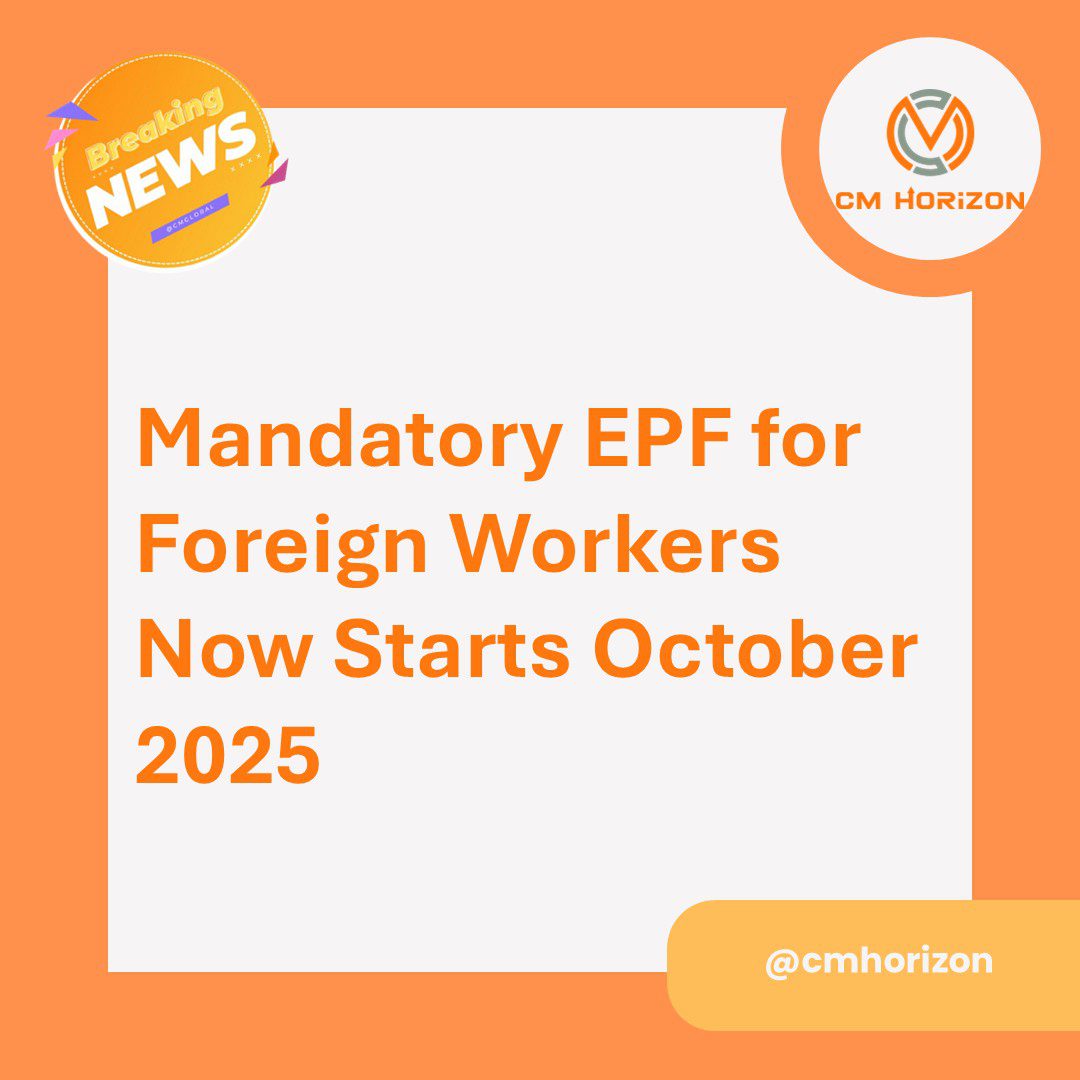HR Audit in Malaysia: Boost Compliance & HR Efficiency

In today’s fast-paced business world, effective HR management is essential. However, as companies expand, HR processes often become outdated or inefficient. That’s where a human resources audit becomes crucial—especially for compliance and performance improvement in Malaysia.
What is an HR Audit in Malaysia?
An HR audit in Malaysia is a structured review of HR practices and policies. It ensures legal compliance with laws such as the Employment Act 1955 and PDPA 2024, while improving operational efficiency. HR audits may also cover Industrial Relations Act 1967, Minimum Wages Order, and SOCSO/EPF compliance.
Whether you’re running an SME or large enterprise, a regular HR process review is essential to stay compliant and competitive. A well-conducted audit also reflects positively on your company during government inspections, client due diligence, or investor evaluations.
Key Benefits of an HR Audit in Malaysia
- Legal Compliance: Avoid legal penalties by aligning HR with Malaysia’s labor laws and statutory requirements.
- Process Efficiency: Spot inefficiencies in HR workflows and modernize them using digital tools and automation.
- Talent Retention: Reduce turnover by understanding employee feedback and improving engagement, benefits, and communication.
- Cost Optimization: Streamline HR operations and reduce administrative overheads by removing duplications or outdated practices.
- Informed Decisions: Use updated HR data to support strategic planning, workforce forecasting, and succession planning.
- Risk Mitigation: Identify hidden compliance or operational risks such as undocumented policies, non-standard contracts, or untrained supervisors.
- Improved Employer Branding: Demonstrating strong HR governance attracts better talent and increases trust among employees and stakeholders.
When Should You Conduct an HR Audit?
Companies should consider conducting an HR audit in Malaysia at least once every 12 to 18 months. However, additional audits may be needed when:
- You experience high turnover or disengagement
- There are changes in legislation or compliance requirements
- You undergo restructuring, mergers, or expansion
- You’re preparing for ISO certification or client audits
- Your HR team has had major personnel or system changes
How to Conduct an HR Audit in Malaysia
- Define Objectives: Clarify whether you want to review legal compliance, performance systems, documentation, or all aspects.
- Gather Documentation: Collect employment contracts, HR policies, employee handbooks, payroll reports, and statutory forms (EPF, SOCSO, PCB).
- Assess Compliance: Benchmark policies and practices against the Employment Act, Industrial Relations Act, and PDPA 2024.
- Interview Stakeholders: Speak to HR team, department managers, and employees to understand real-world gaps in policy implementation.
- Identify Gaps: Look for missing policies, outdated SOPs, unclear roles, or training needs.
- Recommend Actions: Create a prioritized action plan for short-term fixes and long-term improvement projects.
- Implement & Monitor: Work with HR, legal, and management to implement changes, assign responsibilities, and track progress.
Common Areas Covered in an HR Audit
- Recruitment and onboarding compliance
- Payroll accuracy and statutory deductions
- Performance appraisal fairness and consistency
- Disciplinary procedures and termination protocols
- Training needs analysis and employee development
- Leave management and attendance tracking
- PDPA compliance in employee data handling
- Occupational safety and health compliance
Final Thoughts on HR Audit in Malaysia
Conducting a human resource compliance audit is essential in maintaining a productive, lawful, and effective workplace. A proper audit helps companies attract better talent, reduce HR risks, and optimize team performance. Beyond compliance, it demonstrates organizational maturity and leadership foresight.
Looking to get started? Visit our HR Audit Service to learn how we support HR audit in Malaysia.
Stay compliant with Malaysia’s Ministry of Human Resources.
